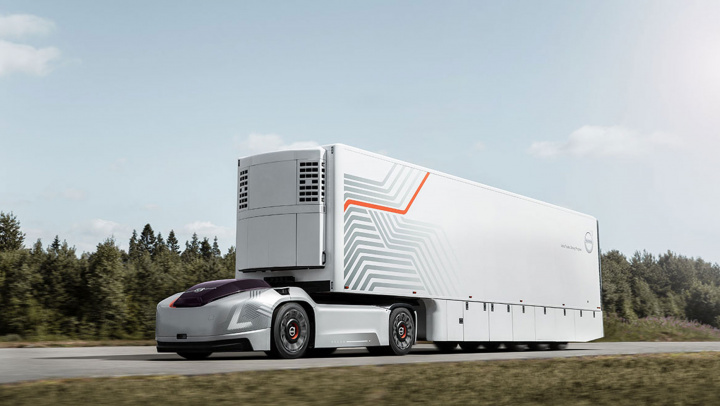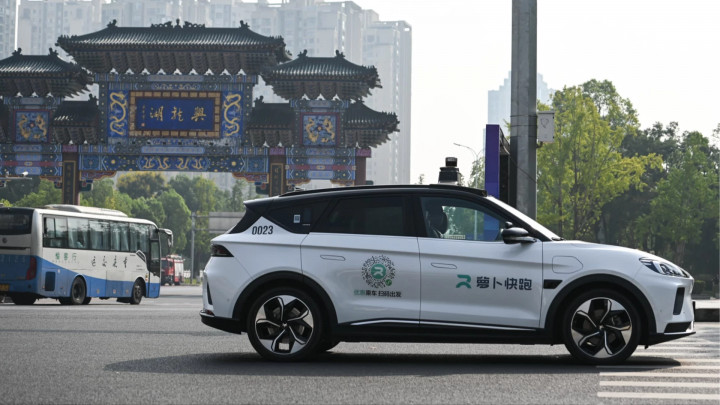Volvo's Autonomous Trucks: A New Era for Freight Transport
Road freight transport is on the verge of significant changes. Volvo, the renowned vehicle manufacturer, is working on the development of autonomous heavy-duty trucks that could fundamentally reshape the logistics industry. This technology may bring important changes not only for transport companies but also, indirectly, for every consumer.

Volvo aims to equip its heavy-duty VNL models with advanced autonomous driving systems. This technology would enable trucks to operate on highways without human intervention. The core concept involves autonomous trucks operating independently on long-haul highway segments – often referred to as a "hub-to-hub" model – while human drivers would still take control for local deliveries. This solution could not only increase efficiency but also positively impact road safety.
The company also plans to introduce a new business model: the "Transport as a Service" (TaaS) concept. This would allow companies to flexibly utilize transport capacity according to their needs. This approach could potentially reduce costs and improve resource utilization.
Volvo's efforts are also noteworthy from an environmental perspective. The autonomous trucks are being designed to consume less fuel and have lower emissions. Furthermore, the company is working on the development of electric autonomous vehicles, which could be another step towards more sustainable transportation.
Volvo has the ambitious goal of having fully autonomous trucks operating on American highways within a few years. To achieve this, numerous technical and regulatory challenges must still be overcome. The company is collaborating with other firms to accelerate the development and deployment of the technology. Their plan envisages having a nationwide network of routes for autonomous trucks by 2027.
Autonomous vehicle technology has undergone significant development in recent years but still faces numerous challenges. Currently, most self-driving systems offer SAE Level 2 or Level 3 automation, which constitutes partial automation requiring human supervision. Some companies, like Waymo and Tesla, are already testing Level 4 automation, enabling full self-driving under specific conditions (like defined operational design domains). However, the widespread adoption of fully autonomous Level 5 vehicles is likely still years away. Besides technological hurdles, legal and ethical questions, as well as building consumer trust, are crucial for the future of autonomous vehicles.
This innovation is expected to have a wide-ranging impact on the economy and society. Safer roads, more efficient, and environmentally friendlier transport are benefits that could indirectly affect all consumers. At the same time, it's important to note that the introduction of new technology raises numerous questions, particularly regarding its effects on the labor market.
Volvo's autonomous trucks undoubtedly represent an exciting development in the field of freight transport. Although many questions remain unanswered, this technology could potentially usher in a new era in road freight, having a significant impact on the industry and beyond.





